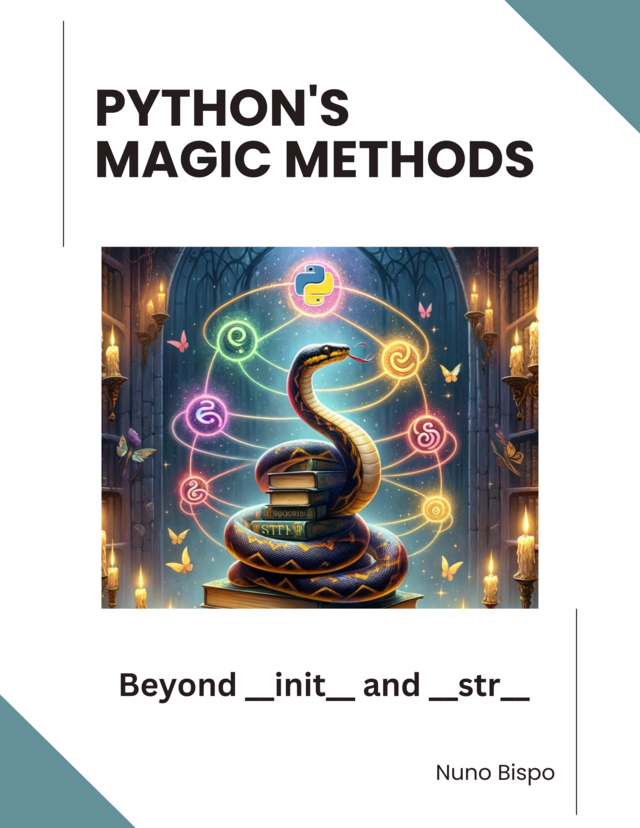Pronunciation is one of the most difficult aspects of language learning — and it becomes even more challenging when learners are working across multiple languages.
Traditional tools like flashcards or dictionary apps often fall short when it comes to helping users hear and mimic native-like speech.
Worse still, many text-to-speech (TTS) tools sound robotic or are limited to one language at a time, making it hard for learners to practice mixed-language phrases in a natural context.
This is where modern AI-powered TTS can make a huge difference.
By generating realistic, human-like voices from text input, learners can hear how native speakers would say a phrase — with correct pronunciation, rhythm, and intonation.
It's an especially powerful tool for solo learners without easy access to native speakers or tutors.
Among the available options, ElevenLabs stands out with its multilingual text-to-speech model, which can understand and fluidly pronounce over 30 languages — even when they're mixed in the same sentence.
In this tutorial, you’ll build PolySpeak, a simple web app that helps users practice multilingual phrases using ElevenLabs.
With just a few lines of Python and the ElevenLabs API, you'll create an interface where learners can input phrases, choose a voice, and instantly hear natural-sounding speech — all from their browser.
Whether you’re a language enthusiast, educator, or developer, this project is a great way to explore the power of multilingual TTS in a real-world use case.
This book offers an in-depth exploration of Python's magic methods, examining the mechanics and applications that make these features essential to Python's design.
Tools & Technologies
To build PolySpeak, we’ll use a small but powerful set of tools designed for rapid prototyping, clean UI, and seamless integration with ElevenLabs’ API.
Here’s a breakdown of what you’ll need:
Python 3.7+
The core language for this project. Python’s readability and vast ecosystem make it perfect for working with APIs and building lightweight web apps.
If you don’t already have Python installed, download it from python.org.
Streamlit
Streamlit is an open-source Python library that turns scripts into shareable web apps with minimal effort.
It's perfect for quickly building interactive tools without needing to dive into frontend code.
We'll use Streamlit to:
- Display a text input area for multilingual phrases
- Let users choose a voice
- Trigger speech generation
- Play and download the resulting audio
Check out my other articles with Streamlit:
https://developer-service.blog/building-a-blog-post-generator-with-mistralai-and-streamlit/
https://developer-service.blog/video-captioning-and-translating-with-python-and-streamlit/
ElevenLabs Python SDK
ElevenLabs provides a Python SDK that makes it easy to access their text-to-speech features, including:
- Multilingual voice synthesis with native-like pronunciation
- Voice selection and customization
- Audio generation and export
Full source code available at: https://github.com/nunombispo/PolySpeak-Article
Getting Started
Before we dive into building the PolySpeak app, let’s set up the essentials: creating an ElevenLabs account, installing dependencies.
ElevenLabs - Sign Up and Get Your API Key
- Go to Eleven Labs and create a free account.
- Once logged in, navigate to the "API" section of your dashboard.
- Copy your API key (or create a new one) - this key is required to authenticate with the ElevenLabs service and should be kept private.
Install Required Python Packages
We’ll use the elevenlabs SDK for accessing the TTS API, streamlit for building the web interface, and python-dotenv for environment variables.
Install them using pip:
pip install elevenlabs streamlit python-dotenv

Mug Trust Me Prompt Engineer Sarcastic Design
A sarcastic "prompt badge" design coffee mug, featuring GPT-style neural network lines and a sunglasses emoji.
Perfect for professionals with a sense of humor, this mug adds a touch of personality to your morning routine.
Ideal for engineers, tech enthusiasts, and anyone who appreciates a good joke.
Great for gifting on birthdays, holidays, and work anniversaries.
Building the PolySpeak
With our tools and API set up, let’s now build the core functionality of the PolySpeak app — a lightweight interface for practicing multilingual phrases with ElevenLabs-generated audio.
Project Structure
Start with a simple file structure:
polyspeak/
│
├── .env # To store your ElevenLabs API key
├── app.py # The main Streamlit app
└── requirements.txt # For dependency management
In your .env file, add:
ELEVEN_API_KEY=your-api-key-here
This keeps your API key secure and separate from the source code.
App Code
Save the provided code into app.py:
This article is for paid members only
To continue reading this article, upgrade your account to get full access.
Subscribe NowAlready have an account? Sign In


